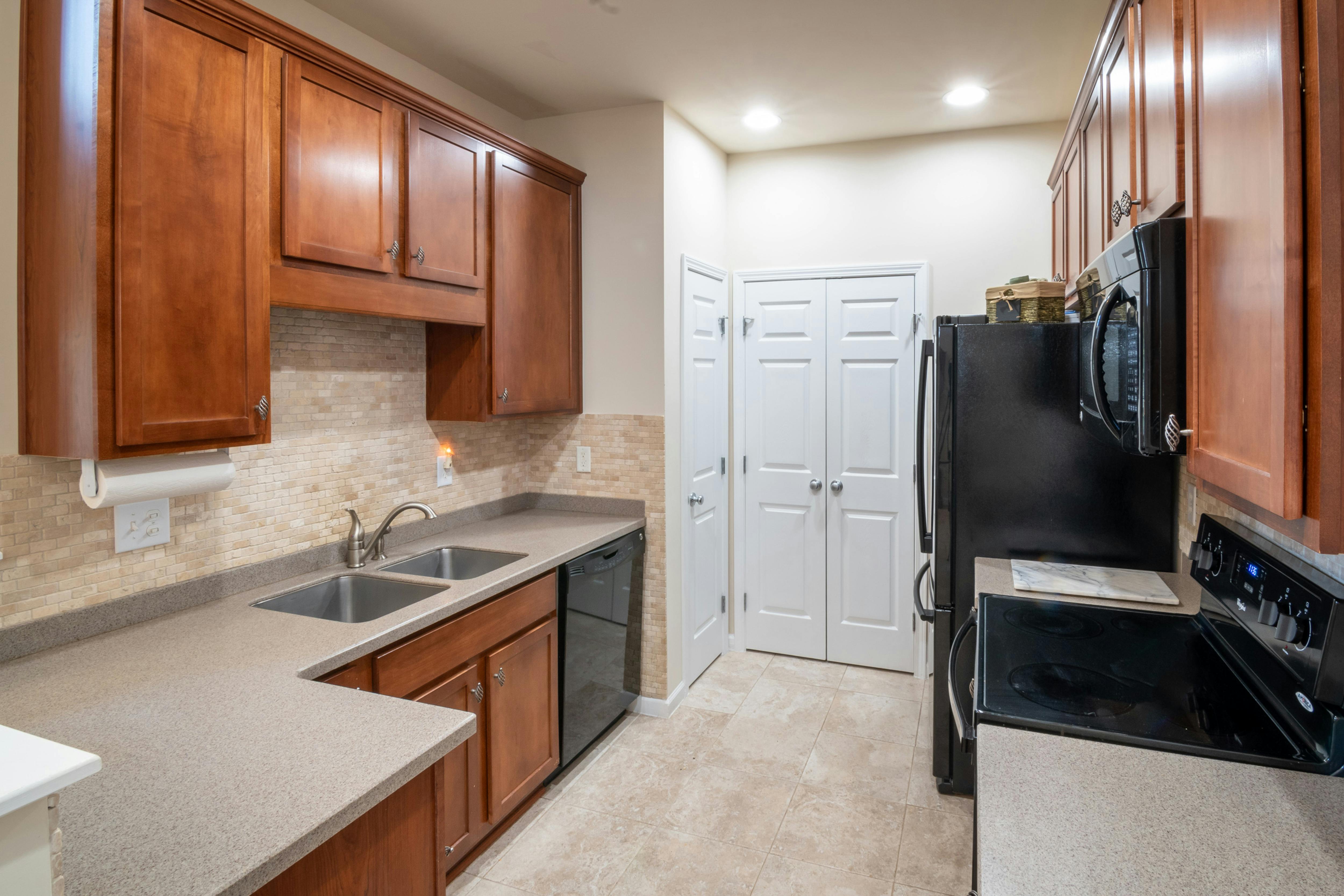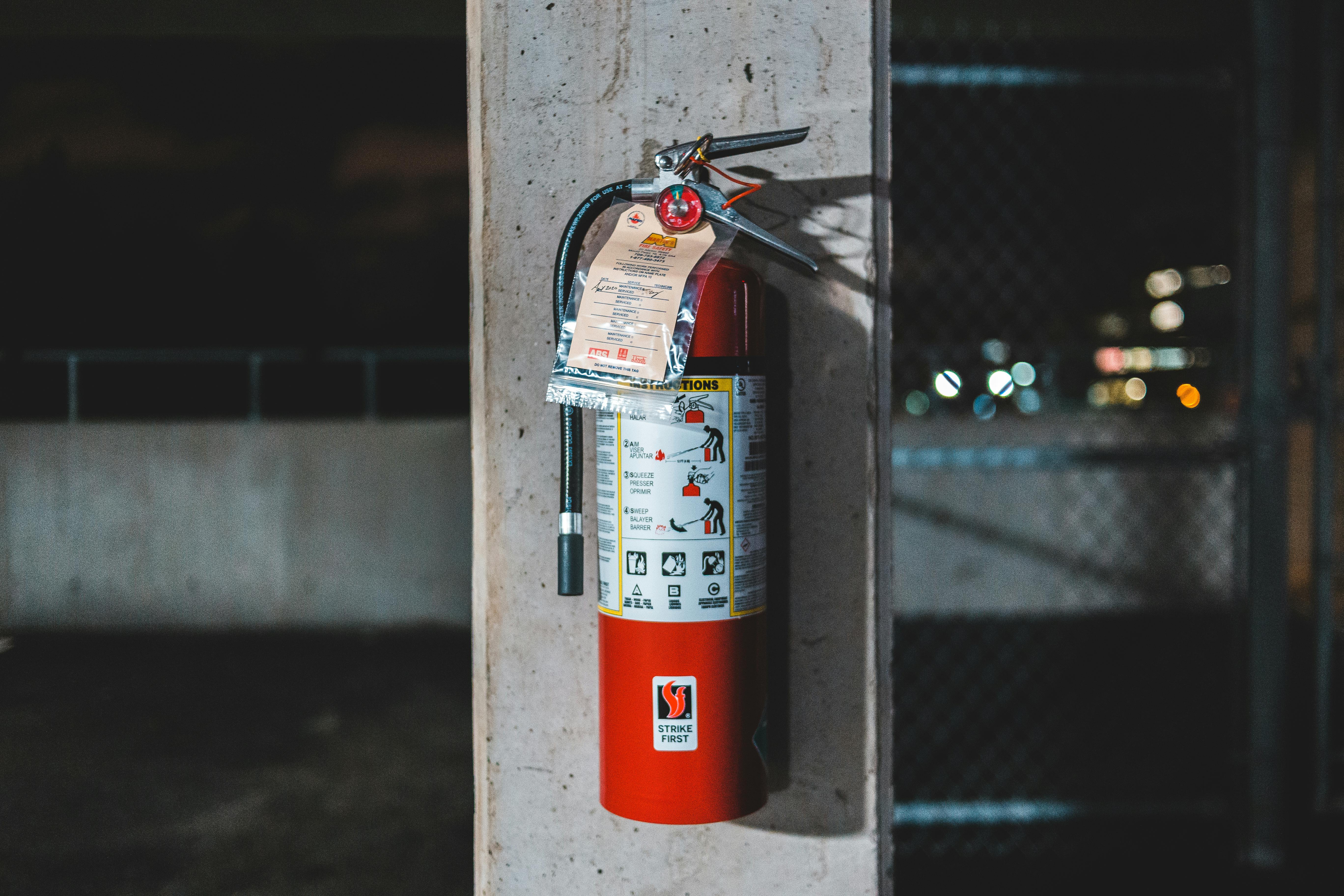If you live in an area where there is no gas network connected to your property, then you probably have an oil boiler for heating your home and an electric stove for cooking.
But there is an alternative, LPG.
So what is LPG?
LPG stands for liquefied petroleum gas, it is like natural gas but is stored in tanks or cylinders on your property.
The LPG composite property is slightly different than natural gas, but it is still gas and works the same as natural gas.
It is a cheaper way to heat your home and cook.
LPG is cleaner and greener than oil and much better for the environment.
You may have noticed when your oil boiler is running that it makes a lot of noise, this is the oil that is vaporized and blown into the lighter, it sounds a bit like a hair dryer but louder.
When an LPG boiler works compared to oil boiler, you may think that something is wrong with the boiler because it is so quiet.
The oil smells bad and is dirty, but with LPG all of that disappears.
Having oil means you must have a storage tank located somewhere in your garden, with LPG you have more options.
There are three storage options to choose from.
The first is to replace your oil tank with a separate gas tank.
All that is required is to run a new gas supply line from the tank to your property.
The second option has the new storage tank buried underground, then out of sight and frees up space where the previous tank once stood. This option will entail additional costs in addition to the costs of converting the boiler.
The last option is gas cylinders, normally four cylinders will be enough to run a domestic boiler, as well as your kitchen appliances.
The location of LPG cylinders will normally be on an exterior wall of the property where they are safe and secure.
Converting to LPG is not as expensive as you might think.
So what does it entail?
First, find a registered LPG Gas Safe installer, explain your idea that you have been thinking about changing from oil to LPG.
You must use a registered installer or company to carry out the conversion by law, using Joe Blogs below is a no-no.
To find a registered installer, visit the online gas safe registry, you can call them and discuss your needs, they will be able to provide you with details of 3 local LPG installers.
He will advise you on the best options for your property, the gas storage location, and the type of boiler you will need.
He should be able to advise you on which gas supplier to contact to supply the gas, as well as the cylinders or storage tanks.
Most gas suppliers will supply the gas cylinders and above ground tank free of charge, as long as you sign some kind of contract with them to supply you with gas.
Disassembling the oil boiler and installing a new LPG boiler is usually a fairly simple job, it is necessary to modify the piping to connect it to the new boiler.
It will be necessary to install a new gas supply from the gas storage to the place where the new LPG boiler is located.
If you want to convert your cooking installations to gas, you will also need to install a new gas supply.
When it comes to buying new kitchen appliances, most can be converted to work on LPG.
The conversion process usually consists of simply replacing the burner jets.
Always check with the store that the appliance you choose can be converted to LPG.



